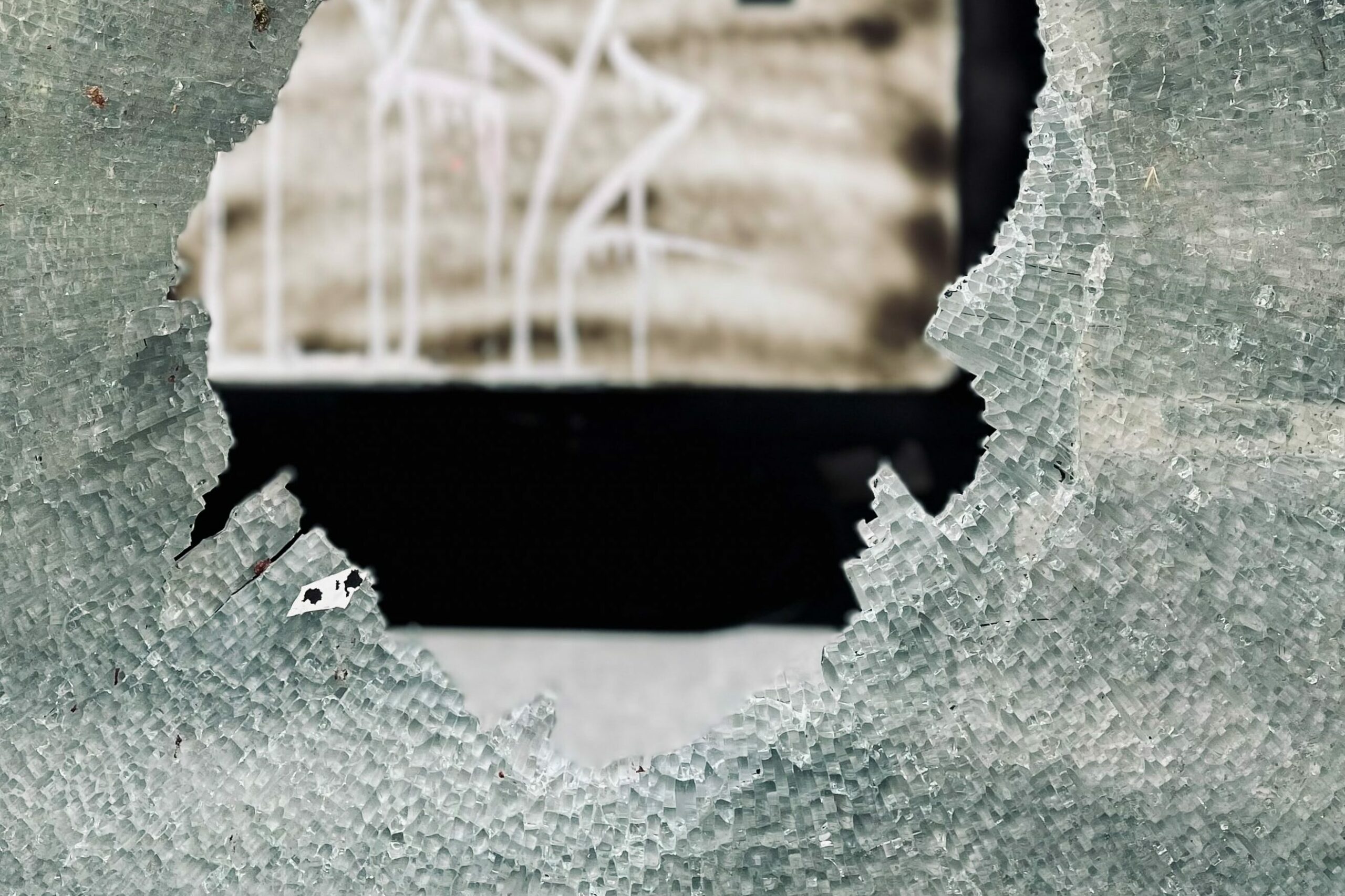
What is stress? Stress is our bodies’ mental and physical reaction and adaptation to actual or existing change and obstacles. And stressors are circumstances that are demanding or threatening. Following are the types of stress.
Eustress

Eustress is a general term for good stress. This type of stress provides opportunities for personal development and fulfillment and the potential for improved health. It has the ability to revitalize, motivate, and encourage you when you feel down. The joyful feeling linked with eustress might be triggered by getting married or winning a major tournament. On the other hand, we call ‘distress’ a general term for negative stress.
Acute stress

Acute stress, the most typical form, is triggered by the latest demands and pressures, as well as predicted expectations and tensions in the near future. This type of stress is usually strong, lasts for a brief period, and then fades without causing long-term harm to your health. A job interview or doing a significant class presentation could cause a headache, diarrhea, as well as a racing heartbeat.
Episodic acute stress

The state of reacting to acute stress on a frequent basis is referred to as episodic acute stress. People who are undergoing episodic acute stress are likely to be “repeaters,” meaning they talk about stressors all the time. They might be worriers who perceive the world as a realm of “what-ifs,” where awful things are always lurking. These “worriers” are frequently reactive and worried, yet their habits are so set that they are unaware of something wrong. It can cause emotional or physical problems similar to acute stress.
Chronic stress

Chronic stress is a state of physiological alertness that persists in response to continuous or many perceived dangers. For example, losing one of your parents after a long struggle with cancer, the stress reaction might go throughout your body for months after they pass away.
Traumatic stress

Traumatic stress occurs when you are injured or witness horrific occurrences such as severe accidents, war, gunshots, attacks, or natural catastrophes. The effects of extreme stress can last for years and cause considerable impairment, leading to post-traumatic stress disorder (PTSD).

Stress can not disappear in our lives. Therefore, we will meet stressors that we can not avoid. The things we can not prevent can be a form of acute stress, or it can also be chronic stress. That is why we try to learn how to deal with the pressures. So, most importantly, we should look after ourselves first in any type of case.
Another Phrens Blog Post Related to This Topic- How to Deal With Stress – Part 1
References
Photo by Yue Iris, Volkan Olmez, Headway, Nicolene Olckers, Thomas Lardeau, the blowup, Dan Meyers on Unsplash
- Broadbent, J & Hayden, M. (2015). HBS110 Health Behaviour. (2nd ed.). Pearson Australia.